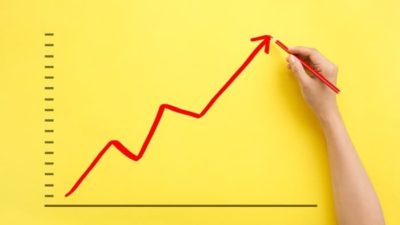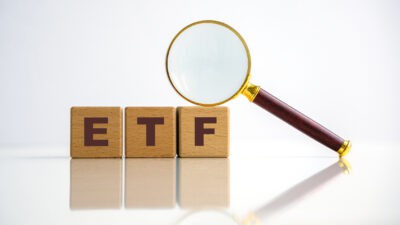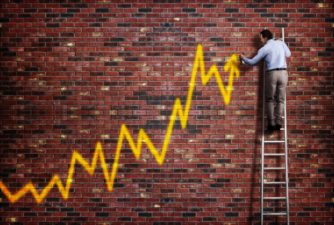Successful investing doesn't need to be complicated.
If you have a long-term view, a huge amount of success can be had simply by sticking to the basics: buying solid, un-sexy companies at decent prices.
The growth of these companies often looks unremarkable – 6% here here, 8% there… maybe a 3% dividend – but as these businesses grow year-after-year, the incredible power of compounding will usually send the share price – and your wealth – soaring.
These types of companies are easy to overlook, but deserve to considered as a core part of an investment portfolio.
Although not technically a company I think iShares Global Consumer Staples ETF (ASX: IXI) – an exchange traded fund – is a great starting point. The fund holds some of the world's biggest consumer brands which earn bundles of cash and can easily pass on price increases to consumers, compounding returns year, after year, after year.
Breathing device manufacturer ResMed Inc. (CHESS) (ASX: RMD) is in a similar position. The company has grown income before taxes at a compounded annual rate of 5% over the last five years and with a growing market for healthcare spending, along with regular reinvestment in research and development, the company still has a long way to go.
Like ResMed, utility software company Gentrack Group Ltd (ASX: GTK) pays out a regular, growing dividend and, with the help of a couple of acquisitions along the way, has grown EBITDA (Earnings Before Interest, Tax Depreciation and Amortization), at an annual compounded rate of 24% over the last five years. The company currently pays a nice 2.5% dividend and is targeting a long term organic EBITDA growth of 15% per year.
Finally, blood product company CSL Limited (ASX: CSL) is another company resilient to broad consumer economic cycles and an absolute compounding star. Not only does the company earn completely ridiculous returns on equity, over the last five years the company has pushed earnings per share up at a compounded 9% per year!
CSL looks more expensive relative to annual earnings, but with a history of staggering returns it's easy to see why investors are willing to stump up a premium for the company.








